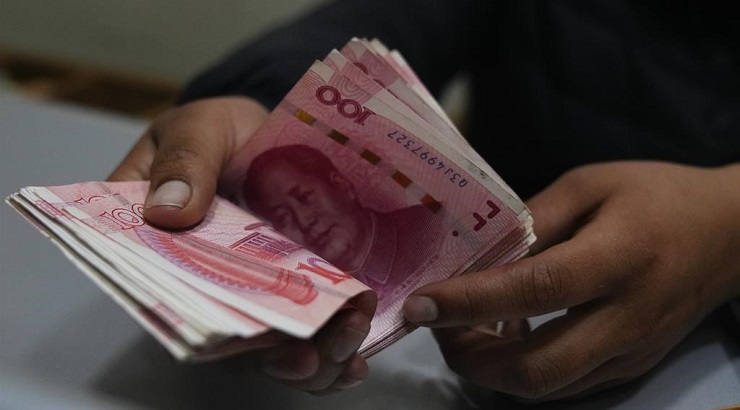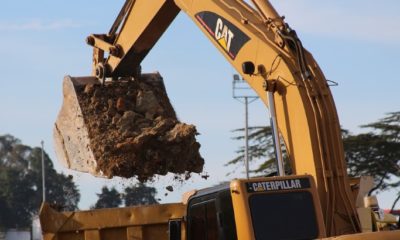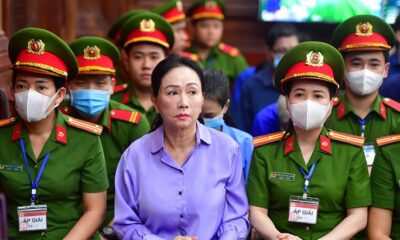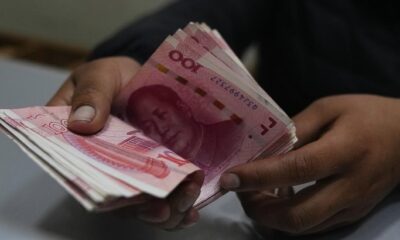Industry News
US Claims Chinese Builders Pay Bribes to Win Kenya Tenders

The US has alleged that a massive bribery scheme by top Kenyan officials has made it difficult for American builders to secure major contracts in the country.
According to the 2024 National Trade Estimate Report on Foreign Trade Barriers, an annual series highlighting key barriers to US foreign trade, American firms are increasingly being edged out by foreign firms willing to pay bribes for tenders.
“Foreign firms, some without proven track records, have won government contracts when partnered with well-connected Kenyan firms or individuals,” says the report published by the Office of the United States Trade Representative on March 29, 2024.
The report further states,” US firms continue to report challenges competing against foreign firms that are willing to ignore legal standards or engage in bribery.”
RELATED: Israeli Tycoon Entangled in Kenya’s Sh15bn Tender Scam
America has also voiced concerns about Kenya’s electronic procurement system, the Integrated Financial Management Information System (IFMIS), citing vulnerabilities to manipulation and hacking.
While the report did not explicitly mention Chinese contractors, it is widely known that Beijing companies have been securing the majority of major infrastructure contracts in Kenya for the past two decades.
China has long been accused of using corruption to gain unfair advantage in Kenya and Africa in general, winning nearly half of all African mega contracts.
While these allegations may hold some merit, China has implemented strategic measures to ensure its companies secure major contracts across the continent.
One of these strategies involves funding. For example, between 2007 and 2020, Chinese development banks provided $23 billion for African infrastructure, which is more than double the $9.1 billion provided by other development financiers.
RELATED: AfDB Blacklists Top Chinese Contractor for Tender Fraud
This scale of funding often puts American construction firms at a disadvantage from the outset, given Beijing’s significant investment prowess on the continent.
Moreover, Chinese lenders often demonstrate greater boldness compared to their American counterparts, occasionally bordering on recklessness.
For example, when President Uhuru Kenyatta sought $4.7 billion to build a new railway—despite warnings from the World Bank that it would never yield a profit—Beijing supported the project, which has since lost more than $200 million.
And most importantly, the Chinese are known for rapid construction. Funding from Chinese development banks is also promptly provided, and certain projects in Africa mirror those in China, potentially expediting the planning processes.












